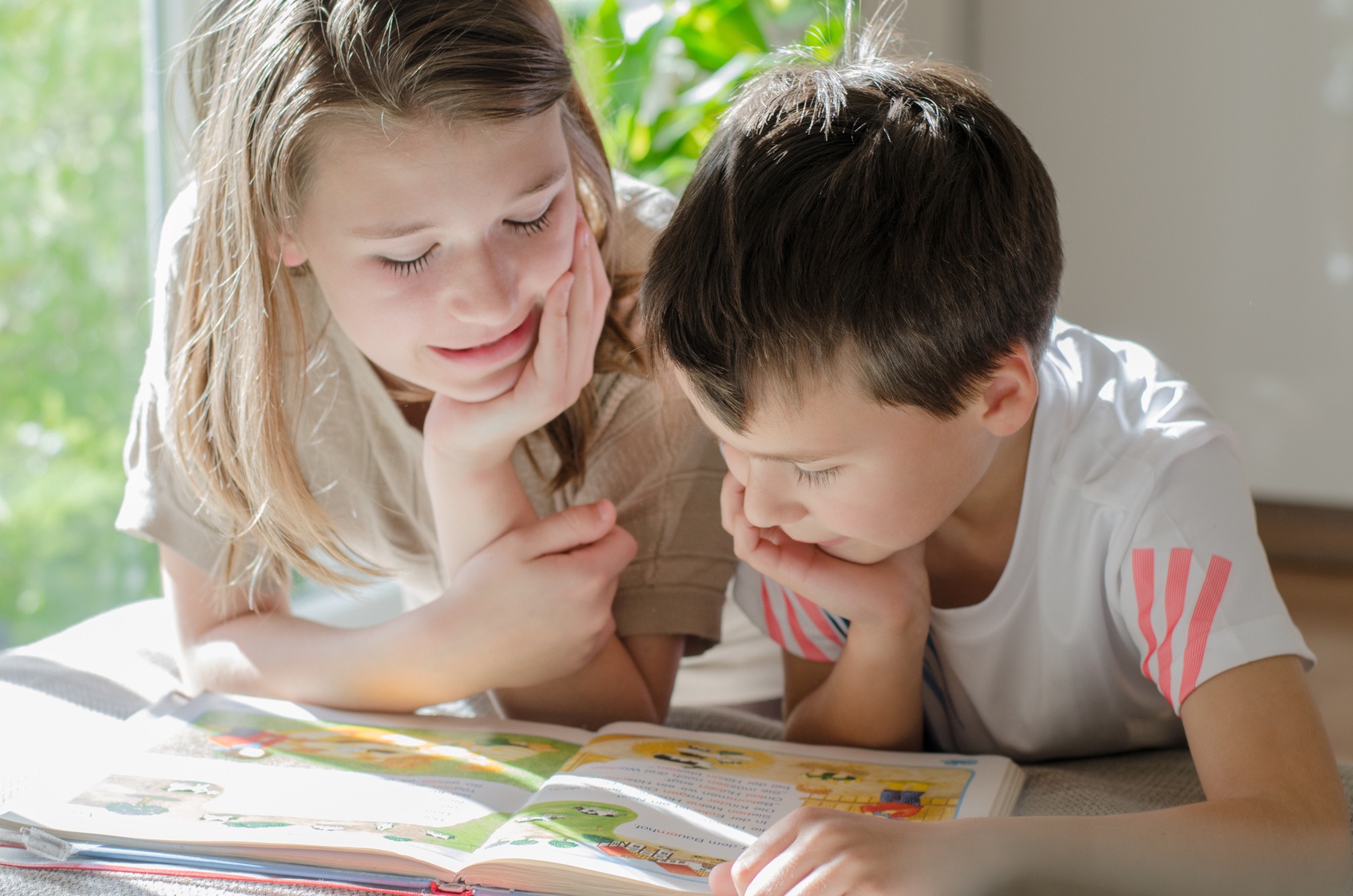
Day 1 June 12th 2024
Implementing Social Thinking Concepts and Vocabulary: A Day to Develop Team Creativity
Speaker: - Dr Pamela Crooke
- Delve into teaching components of the Four Steps of Communication and strategies and activities related to thinking, physical presence, and how we use our eyes to gather social information (note: this is not about eye contact). Explore strategies and vocabulary for teaching about the social world.
- Discover tools for teaching social self-regulation, emotional understanding, and using additional Social Thinking Vocabulary and lessons to support teaching.
- Discussion about the language we use to relate to others. Explore how to teach social language to encourage conversation.
- Overview of tools for teaching emotional understanding and perspective taking through focusing on situational awareness and the social emotional chain reaction.
In this newly updated course, you will learn 15+ practical teaching strategies using Social Thinking Vocabulary and visual frameworks. The activities focus on making abstract social information more concrete through lessons to teach all social learners, both neurodivergent and neurotypically developing, how to socially attend, interpret, problem solve, and respond to social information. Attendees will walk away with a handful of lessons and strategies. Activities will focus on strategies for teaching emotional understanding, theory of mind/perspective taking, and executive functioning to help learners meet their authentic self-determined social goals.
Using the 4 Steps of Communication and the Social Thinking–Social Competency Model as a backdrop, attendees will learn about the role of social attention, interpretation, problem solving, and social responses as part of navigating the social world. Attendees will learn how one’s social attention to what is happening and the people in the situation can encourage understanding of what to do or say (or not) for that social context. We also describe ways to teach interpreting and responding by making smart guesses and the relationship to social emotional learning.
We’ll also investigate ways to make teaching the components of conversational language more concrete by deconstructing the components, including how people share an imagination in the process. Attendees will take a deeper look at how thoughts, feelings, actions, and reactions are linked to social situations, the people present, and what is happening through the newly updated decision-making framework, Social Situation Mapping, featuring neurodiversity affirming options.
